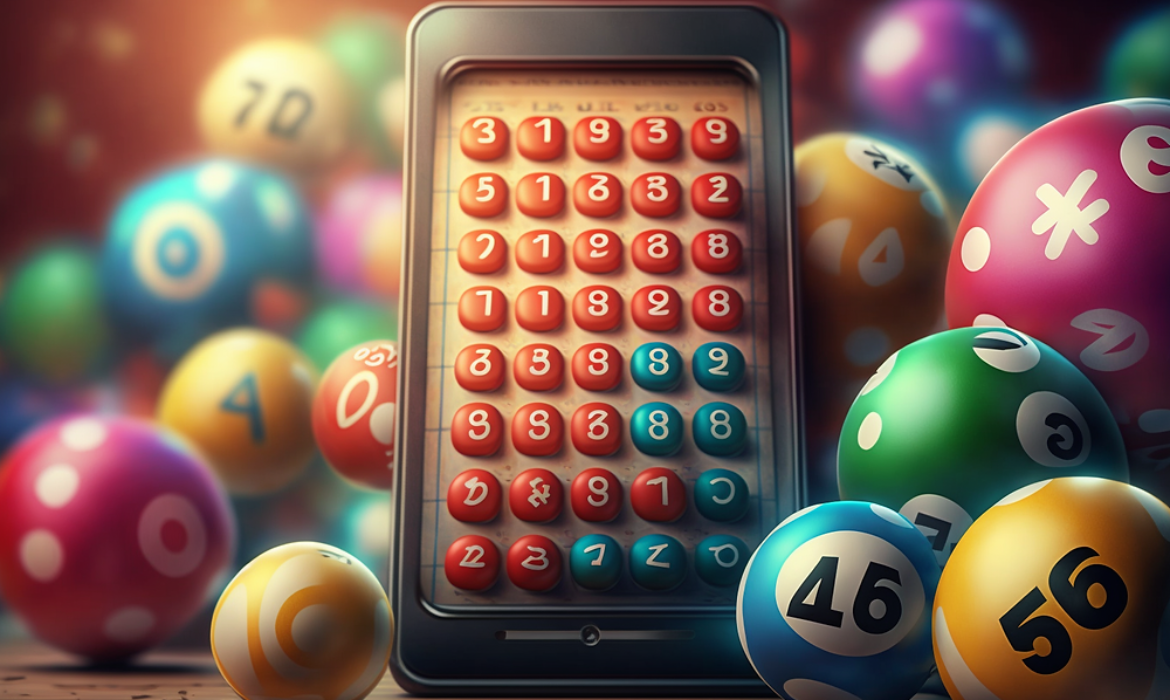
Bingo is a game that’s been enjoyed for generations, but how does the nation see it now?
The cultural significance of this decades-old game is up for debate. It has made its way into popular media, but it’s not always portrayed in the best light. Bingo can be a backdrop for the development of certain characters, but it also appears in unexpected and diverse ways.
We’ve explored the ways that bingo is represented across different media outlets, including the most contemporary online form of the game.
Bingo in film: From comedies to drama
In cinema, bingo often appears as a setting for funny and important scenes.
The second instalment of critically acclaimed film Big Momma’s House shows an FBI agent go undercover into a retirement home. While Momma’s there, she takes part in the daily bingo sessions and not only wins every game but helps another resident to cheat.
This play on the notion of older people enjoying bingo is funny, awkward, but comfortably familiar too. And when children are thrown into the mix, things feel even more out of place, since gambling should strictly be adults-only. Fortunately, modern games of online bingo are strictly for adults.
In the 2009 adventure film Inglorious Basterds, written by Quentin Tarantino, one scene depicts a Nazi character, played by Christoph Waltz, exclaiming “that’s a bingo!” incorrectly – during an intensely serious conversation about war-winning tactics. This surprise throws an element of mischief into the scene – much like the game of bingo itself!
Bingo on your TV: Sitcom staples
In the “Bingo” episode of Better Call Saul, bingo takes centre stage as Jimmy McGill, played by Bob Odenkirk, calls out numbers at a senior centre.
While the seniors enjoy the fun and social aspect of bingo, Jimmy’s frustration and life choices come to the forefront. This episode shows how bingo can be more than just a game—it can also be a clever way to highlight a character’s personal journey in sitcoms.
Similarly, a 2005 episode of Curb Your Enthusiasm, called Kamikaze Bingo, depicts a hilarious bingo game in a retirement home. While both examples tie older people and bingo into the same spot, the younger family members are drawn in and equally engaged.
Staying socially relevant
From short and hilarious interludes to serious, character-defining moments, bingo serves as a versatile tool across different media forms.
The game’s representation often reflects broader social themes and cultural shifts, including the move towards digital gaming. Whether used for cheeky laughs, suspenseful drama, or just generic social commentary, bingo’s presence in popular media underscores its enduring place in our culture.



